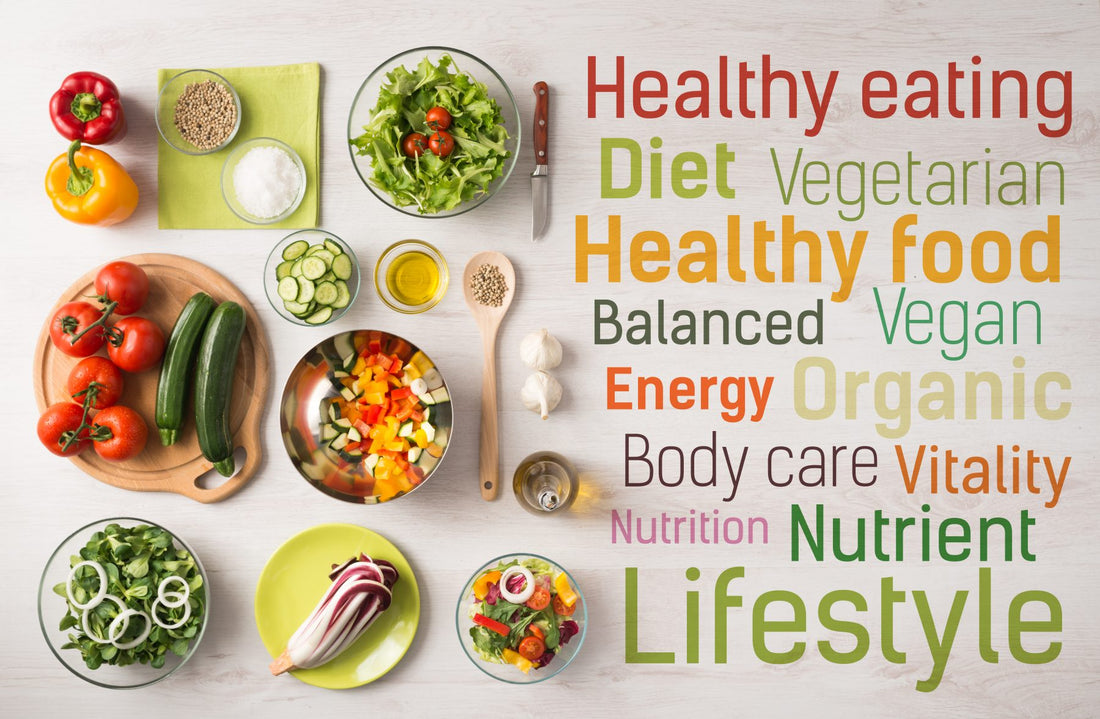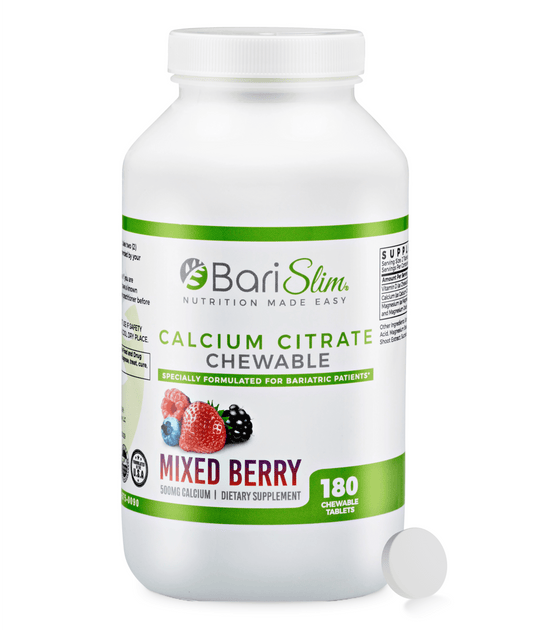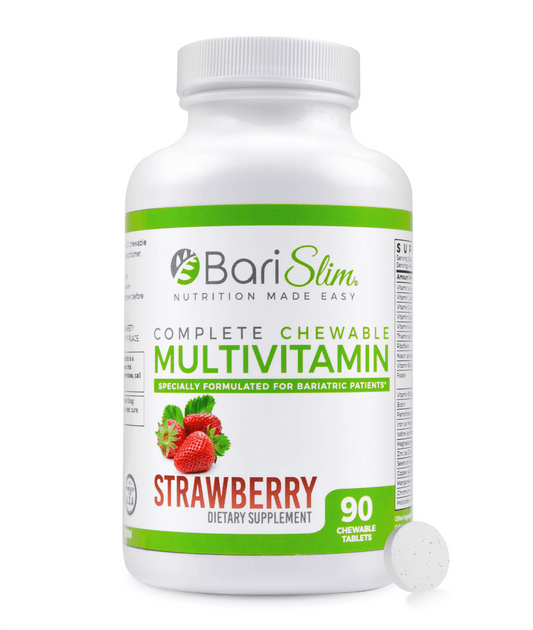Introduction
Bariatric surgical interventions can mark a 180 degree turn in life. Patients can grab the opportunity to restore health, confidence, and success, but patients have to do their part. Because the life change focuses on transforming the way patients eat, having bariatric friendly recipes on hand will help make sure that patients lose as much as possible without experiencing complications or malnutrition.
Before you go in to have your surgery, the facility and surgeon will require that you demonstrate a commitment to this new lifestyle. Nutritional counseling, bariatric food ideas, and help with meal planning will help set the table for a successful experience.
When you develop skills for evaluating RNY recipes during your pre-surgery nutritional education, you’ll be better prepared for success post-surgery, but you should still maintain contact with your nutritional team for guidance and questions along the way. Bariatric eating is a process of learning and doing.
Bariatric Eating Guidelines
Managing intake after bariatric surgery will simply become part of life.
You will need to monitor how you eat as well as what you eat and drink. Eating should be a conscious undertaking, slow and methodical. You should chew small bites much more than you would have ever before.
Recipes for gastric bypass patients need to provide the necessary protein and caloric intake as recommended by your nutritional team, and a log of your daily intake of each will be an essential tool of success.
Learning to completely abstain from specific things will also be important. Carbonation, sugar, fat, caffeine, juice, rice, bread, and alcohol should be avoided whenever possible.
Keep It Healthy
Maintaining health will require that recipes for bariatric sleeve patients be supplemented. Protein will be the primary goal. Eggs, fish, meat, dairy, soy, and other protein filled foods will be main components of every meal, but the new, smaller anatomy will make it difficult to consume everything required with food.
When food isn’t enough to provide the 60-80 grams of protein required, protein powder works well.
A bariatric multivitamin and other nutrients as prescribed by your doctor will be regular, daily parts of your life from the point of surgery and onward.
The Five Phases of Post-Surgery Eating
Your new way of eating will begin even before your surgery. Losing weight and fat around the liver make for a safer surgery.
Afterward, though, the eating plan will become process-focused and real. Your new anatomy will DEMAND that your diet is new as well.
Your transition from surgery to food will follow a phase approach:
Phase 1 – Clear Liquids
Phase 2 – Full Liquids
Phase 3 – Pureed Foods
Phase 4 – Soft Foods
Phase 5 – Regular Textured Foods
Post bariatric recipes will follow these phases and prepare you for success. Bariatric surgery can change your life, but challenges will come with the surgery. However, following the eating plan prescribed, remaining committed, introducing exercise, and managing your intake vigilantly will result in successful weight loss. A return to normal weight status will allow you to reverse health conditions that often accompany obesity and regain confidence in work and relationships.
Also Read: Life After Surgery: Bariatric Eating



 Order Free Sample
Order Free Sample





